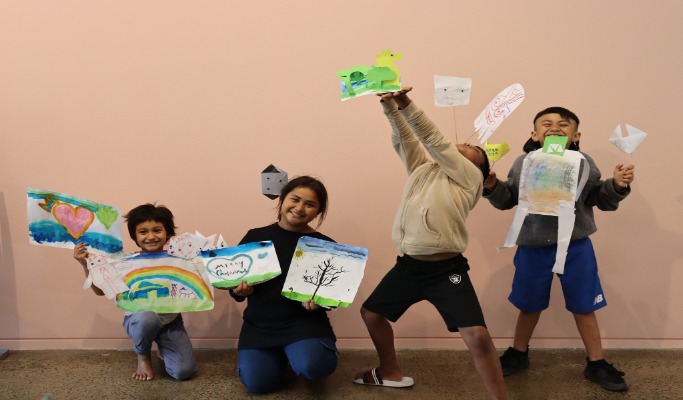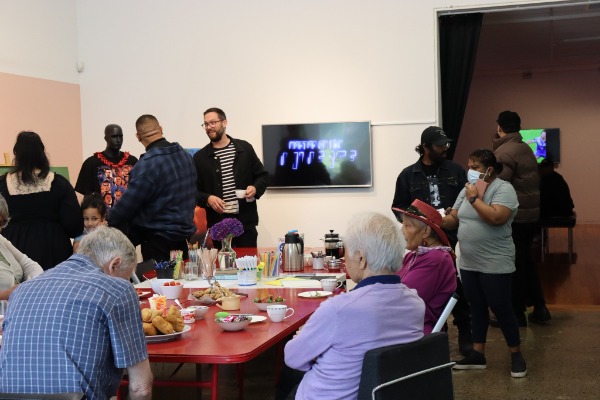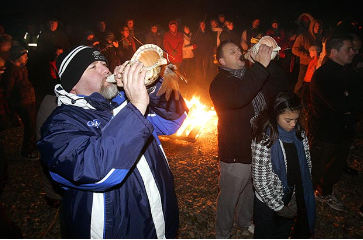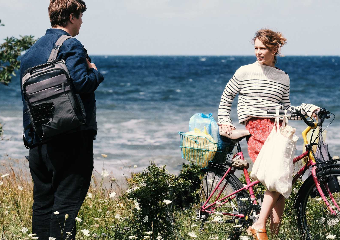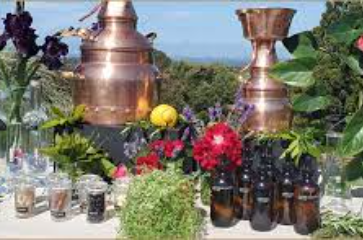A dynamic gallery and maker space
Papakura Art Gallery hosts a diverse programme of quality contemporary art exhibitions featuring a range of art forms by local, national and international artists – both emerging and established. The focus of the gallery is to support the enrichment of local culture and community development. Through projects and events connected to exhibitions, the gallery’s communities are exposed to creative practice through direct engagement. Programmes also offer opportunities to emerging curators and aim to foster sustainable partnerships with arts organisations such as Tautai Contemporary Pacific Arts Trust and tertiary establishments. Follow them on Facebook to keep up with their wonderful programmes. Fantastic for all ages.

